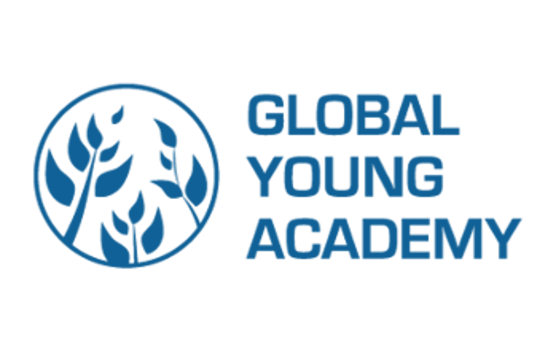Programme / Ethical challenges and governance responsibilities of do-it-yourself biology
‹ back to Programme listerDay 1
Wednesday / 20 NOV
11:30 - 12:30
The objective of this panel discussion is to show and confront different points of view on the rapidly growing movement of DIY Biology. Four experts and a moderator will discuss in front of the audience how open science movement of DIY Biology is shaping the economy worldwide and how it can be also applied globally to enhance innovation, entrepreneurship, and economy same ethical and regulatory challenges will be discussed by panelists in order to show both the positive and negative side of this exciting movement. The discussion will stimulate the audience to get immersed in this citizen science movement of DIY Biology and make them familiar with various entrepreneurial opportunities
Do-It-Yourself Biology is a rapidly evolving and emerging social biotechnology movement, in which individuals, community groups, and small organizations study biology and life science using the same or similar methods as traditional research institutions. DIY Biology is primarily undertaken by individuals with extensive research training from academia or biotech and pharmaceutical corporations, who then mentor and supervise novice DIY biologists with little or no formal training. Other terms are also associated with this new, emerging, and unregulated field. Commonly used terms of biohacking and wetware hacking emphasize the connection to hacker culture and the hacker ethics, while the term biopunk emphasizes the techno-progressive, political, and artistic elements of the movement. The above terms; just like their archetypal counterparts; emphasize the intellectual challenge of creatively overcoming limitations of biological systems to achieve novel and clever outcomes. DIY Biology may be done as a hobby, as a not-for-profit endeavor, an open-science innovation, or a for-profit business. In recent years, maker spaces and community Do-It-Yourself Biology labs have been opening up across the globe, to harness interest in learning and working in non-academic settings. Currently, there are about 160 DIY Biology groups around the globe with nearly 4,000 active participants and some 32,000 followers.
The movement also poses potential bioethics and biosafety threats as such regulatory agencies worldwide are worried that the movement can be used for wrongdoing.
Many of the ideas developed within DIY Bio communities have been translated and commercialized to drive innovation, economic growth, and to address a number of SDGs. Success stories of DIY Biology include startup ideas developed as part of the DIY Biology community which have been turned into profitable multi-million biotechnology ventures. This open science movement attracts more and more enthusiasts each year, but what is the best approach to tapping at the potential of this rapidly growing innovation ecosystem to ensure ethical code of conduct and best governance practices?
Moderator :
Speakers:
- Wibool Piyawattanametha, Director, Advanced Imaging Research Center, King Mongkut’s Institute of Technology Ladkrabang, Thailand & Adjunct Professor, Institute for Quantitative Health Science and Engineering, Michigan State University, USA & Founder, DeepPap, Inc.
- Velia Siciliano, Principal Investigator, Instituto Italiano di Tecnologia
- Clarissa Jazmin Rios Rojas, PhD in Molecular Biology / Founder and Director at NGO, Global Young Academy/Ekpa'palek
- Sandra Lopez-Verges, Member of the Executive Committee, Global Young Academy
